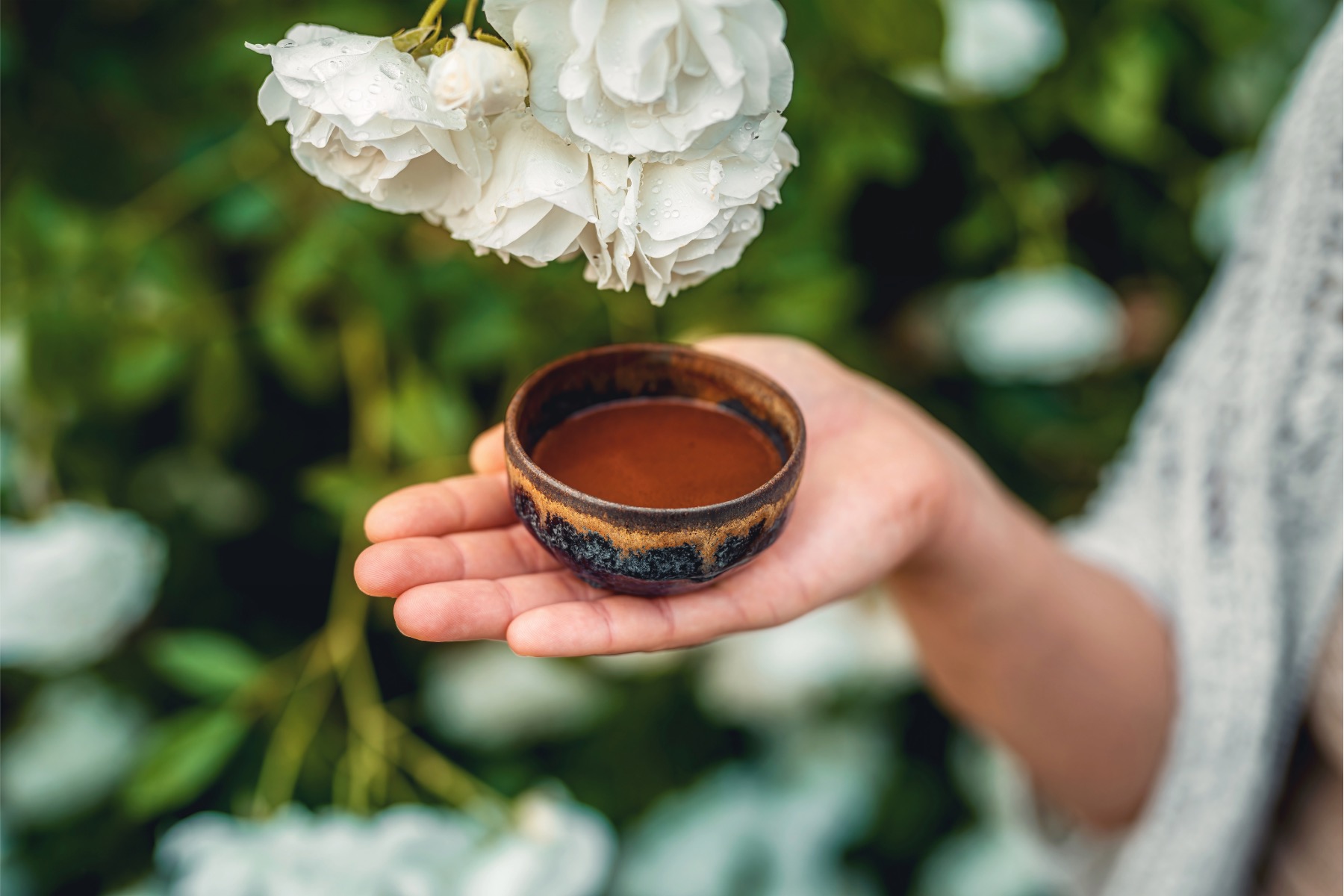Ceremonial cacao is celebrated for its many benefits, from boosting mood and energy to enhancing mindfulness and spiritual practices. However, as with any powerful natural food, it may not be suitable for everyone. Understanding who should avoid ceremonial cacao or consume it with caution is crucial for safe and responsible use.
In this article, we’ll explore the situations and conditions where ceremonial cacao may not be recommended and provide guidelines for making informed decisions.
1. Individuals with Certain Medical Conditions
Heart Conditions
Ceremonial cacao contains theobromine, a mild stimulant that can increase heart rate and blood flow. While this is generally beneficial, individuals with severe heart conditions, such as arrhythmias or high blood pressure, should consult a healthcare professional before consuming ceremonial cacao.
Liver or Kidney Issues
Cacao is rich in compounds that must be processed by the liver and kidneys. Those with impaired liver or kidney function may experience difficulty metabolizing these compounds and should exercise caution.
Severe Anxiety or Panic Disorders
Theobromine in cacao can act as a stimulant, which might exacerbate symptoms in individuals prone to anxiety or panic attacks. If you’re sensitive to stimulants, start with a small dose or avoid cacao altogether.
2. Pregnant and Breastfeeding Individuals
While ceremonial cacao is generally considered safe in moderation, high doses are not recommended for pregnant or breastfeeding individuals. Theobromine, along with caffeine present in small amounts, may affect both the mother and the baby. Always consult a healthcare provider before incorporating ceremonial cacao into your routine during these periods.
3. People Taking Certain Medications
Antidepressants (MAOIs and SSRIs)
Ceremonial cacao contains natural compounds, such as tryptophan and phenylethylamine, that can influence serotonin levels. If you’re taking antidepressants like MAOIs (Monoamine Oxidase Inhibitors) or SSRIs (Selective Serotonin Reuptake Inhibitors), the interaction with cacao could lead to side effects like headaches or serotonin syndrome.
Blood Pressure Medications
The vasodilating properties of ceremonial cacao may lower blood pressure. If you are on medication for hypertension or hypotension, the combined effects could result in blood pressure dropping too low or fluctuating unexpectedly.
4. Children
While cacao in small amounts may be safe for children, ceremonial cacao is potent and may not be suitable for young kids. The high concentration of theobromine could lead to overstimulation or digestive discomfort in children with sensitive systems.
5. Individuals with Theobromine or Caffeine Sensitivity
Ceremonial cacao contains a significant amount of theobromine, a stimulant similar to caffeine but gentler. Those who are highly sensitive to stimulants may experience side effects like restlessness, nausea, or insomnia. If you know you’re sensitive, consider consuming a very small dose or avoiding it altogether.
6. Those Allergic to Cacao or Chocolate
Although rare, some individuals are allergic to cacao or chocolate. Allergic reactions can range from mild symptoms, such as itching or stomach discomfort, to severe reactions like difficulty breathing. If you have a history of chocolate or cacao allergies, ceremonial cacao is not recommended.
7. Individuals Preparing for Surgery
Cacao contains compounds that may affect blood clotting. If you are scheduled for surgery or are recovering from one, avoid ceremonial cacao in the days leading up to your procedure to minimize potential risks.
8. People on a Fasting Protocol
Ceremonial cacao is calorie-dense and may break a fasting state, especially if consumed with sweeteners or milk. Those practicing intermittent fasting or other fasting protocols should be aware that consuming cacao will interrupt the fasting period.
How to Use Ceremonial Cacao Safely
- Consult a Healthcare Professional: If you have any health concerns, are taking medication, or fall into one of the categories above, consult a healthcare provider before consuming ceremonial cacao.
- Start with a Small Dose: Begin with a small serving (5–10 grams) to observe how your body reacts before increasing your intake.
- Listen to Your Body: Pay attention to any adverse effects, such as increased heart rate, restlessness, or digestive discomfort, and adjust your consumption accordingly.
- Moderation is Key: Even for those who can safely consume ceremonial cacao, moderation is important to fully enjoy its benefits without overstimulating the body.
Final Thoughts
Ceremonial cacao is a powerful, nutrient-rich superfood with numerous benefits. However, it’s not suitable for everyone, particularly individuals with certain health conditions, sensitivities, or those taking specific medications. Understanding these considerations allows you to make informed choices and enjoy cacao safely.
At School of Cacao, we prioritize education and responsible use of ceremonial cacao. If you have any questions about whether cacao is right for you, feel free to reach out or consult with your healthcare provider.
Do you have concerns or questions about ceremonial cacao? Share them in the comments below!

